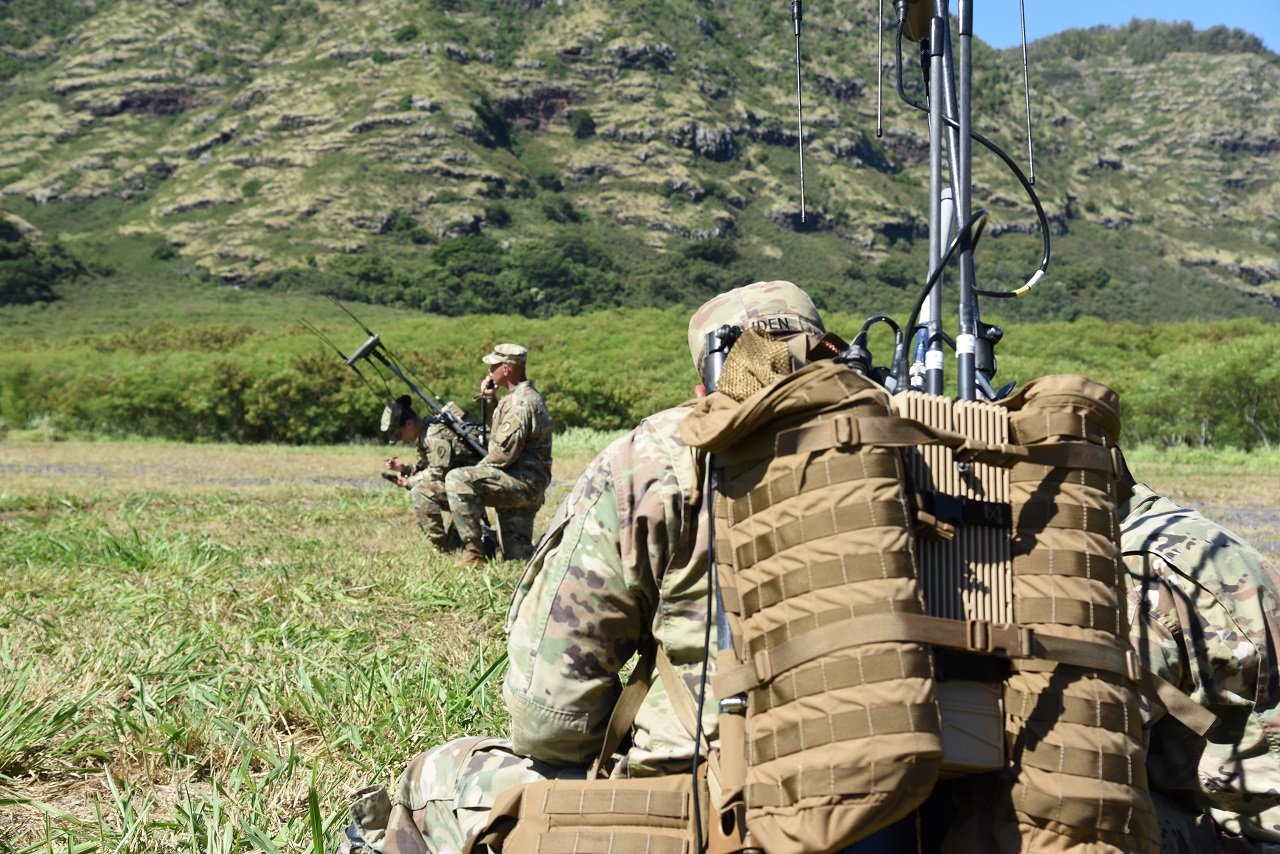The Rise of Cyber Warfare
Cyber warfare has emerged as a new frontier in military strategy, revolutionizing the way nations approach conflicts. With the increasing reliance on technology in all aspects of life, including defense systems, the potential for cyber attacks to cause significant damage has become a major concern.
As the world becomes more interconnected, the vulnerability of critical infrastructure, government networks, and private sector systems has grown exponentially. This has led to the development of cyber warfare capabilities by both state and non-state actors, making it a prominent tool in modern warfare.
The Nature of Cyber Warfare
Cyber security involves the use of technology to disrupt, damage, or gain unauthorized access to computer systems, networks, and information. The attacks can range from simple phishing attempts to sophisticated malware deployments and even the manipulation of critical infrastructure.
Unlike traditional warfare, cyber security does not require physical proximity or a large military force. It can be executed remotely, making it an attractive option for nations with limited resources or those seeking deniability.
The Role of Cyber Warfare in Military Strategy
Cyber warfare has become an integral part of military strategy for several reasons:
- Offensive Capabilities: Cyber attacks can be used to disrupt enemy communications, disable critical infrastructure, or steal sensitive information. This can give a significant advantage to the attacking nation.
- Defensive Measures: Nations must also invest in defensive measures to protect their own networks and systems from cyber attacks. This includes developing robust cybersecurity protocols, conducting regular audits, and training personnel to detect and respond to threats.
- Deterrence: The threat of cyber retaliation can act as a deterrent against potential adversaries. The fear of a devastating cyber attack can dissuade nations from engaging in hostile actions.
The Need for International Cooperation
Given the global nature of cyber security, international cooperation is essential in addressing the challenges it presents. Nations must work together to establish norms, regulations, and frameworks for cyber defense and response.
Additionally, sharing information and intelligence can help identify emerging threats, track perpetrators, and develop effective countermeasures. Cybersecurity exercises and joint training programs can also enhance preparedness and coordination between nations.



































